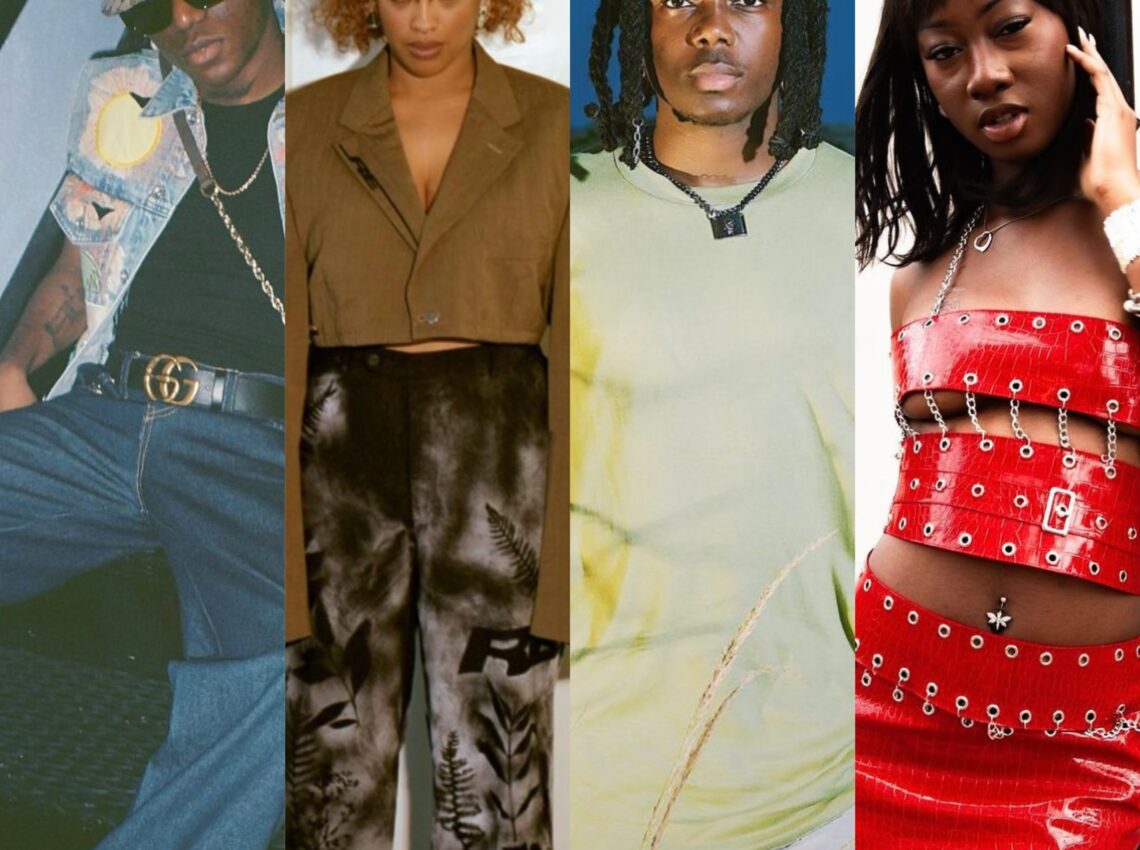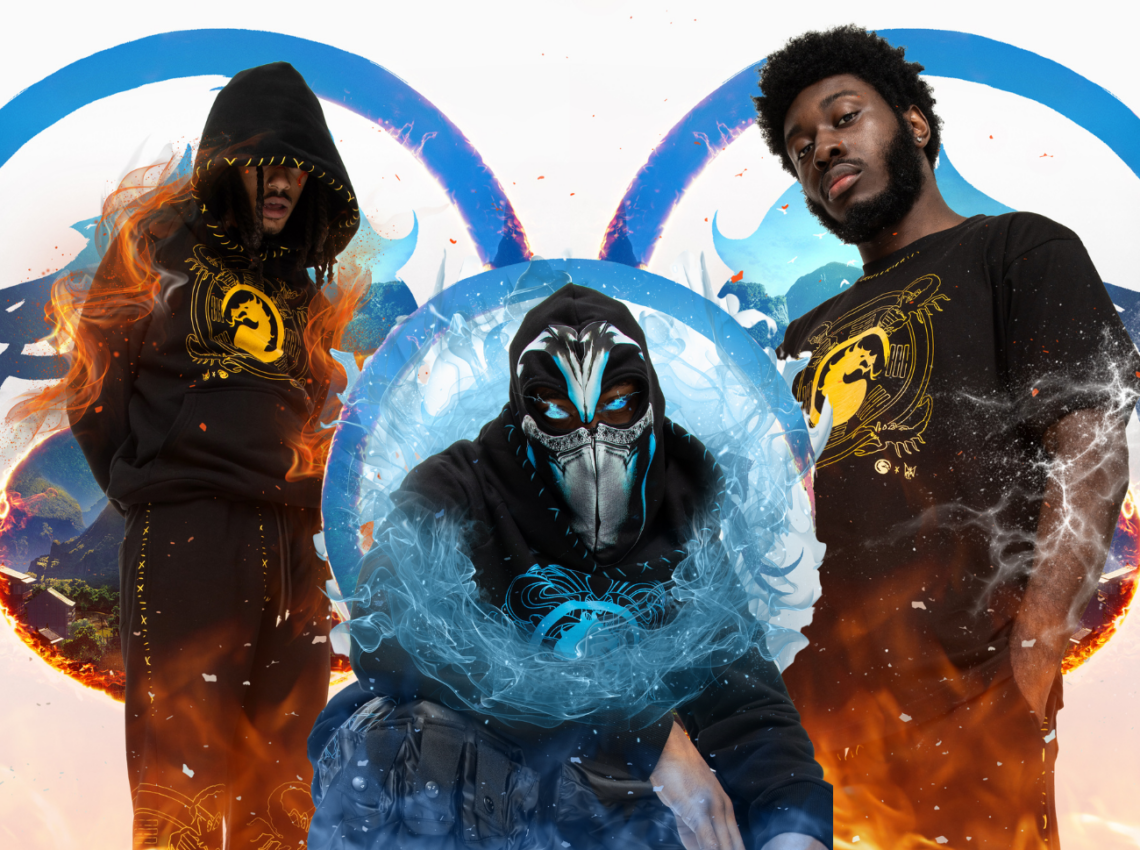Genre Blending – Creative Expression or Loss Of Structure?

As simple as the lines of genre seem, the current musical hotbed has seen the birth of a new genre/sub-genre almost annually as artists push to fulfil their wildest creative desires. With this, the original categorisations of genre seem to slowly but surely be meshing into one. As with most generational changes within music, people’s opinions are polarizing but the legacy of reinvention within genres is the element that actually requires a closer look into.
The progressive nature of genres has been present from its very inception. Take, Afrobeats for example – originally birthed in 1968 by Fela Kuti to describe the music he was creating at the time – made up of funk, jazz, and Nigerian highlife. Now, Afrobeats has taken on a whole life of its own with modern fusions including hip-hop, electro-pop and the current favourite of Amapiano. Genre can also be created directly via the intentional rebelling against a soundscape in its entirety, like when the 70s’ golden genre of disco fell victim to a propaganda campaign which culminated with “Disco Demolition Night ” at Comiskey Park on July 12th, 1979.
From a modern perspective, established artists have helped to lead the revolt against the norm by shaping genre/subgenre and exploring the full bandwidth of their respective areas’ capacities. Lorde’s single “Royals” both shifted the entire direction of pop music and put it to a standstill in the same breath by introducing slower tempos, unique melodic structure, subdued vocals, and hip hop inspired production to the mainstream fold which led to artists such as Halsey, Alessia Cara, Billie Eilish amongst a host of others coming out. Kanye West’s “808s and heartbreaks” accidentally birthed emo-rap with his heartfelt and autotune heavy project being a source of inspiration to Juice Wrld, Lil Uzi Vert, and XXXTentacion to help pioneer a sub-genre. LL Cool J’s unrelenting desire to sing his own hooks despite industry wide disapproval helped to both normalize its customs and birth melodic rap artists such as Drake, Kendrick Lamar, Lil Wayne, Mos Def, and Andre 3000.
A natural sense of discovery can not be dimmed, and the variety of positive genre led developments can not be ignored, but they have however created some issues for the wider music industry. The legacy of genres such as RnB and Pop have undeniably been changed forever with the death of ballads, modern RnB songs refraining from using bridges and also being heavily infused with high hats and rap adjacent characteristics; all of which have taken away from the grandeur of both respective genres.
Accreditation in the shape of awards has also become more complex with artists such as Justin Bieber and Tyler, The Creator falling victim to this mis-categorization in recent times, as musicians’ new sounds and creative motifs potentially look to get in the way of them being celebrated for it in real time. A bigger issue can be seen to be present for all audiences, with fans increasingly being at the mercy of algorithms to help define and shape musical experiences. Due to the technological shift of music, this may spell danger with technology now being at the forefront of cultivating an audience’s musical narrative.
Genres and the movement between them have always been shaped by people’s narratives. The Hippie movement in the 1960s and 70s popularized psychedelic rock and folk music; the disco craze in the late 1970s and early 80s boosted dance music and funk, and currently, Hyperpop dominates as it is a product of the internet. The digitized and pixelated sounds reflect the digital world it dominates. The importance of real time accreditation can be looked upon as quite insignificant when music’s true reward is the passage of creativity from mind to mind to help inspire a generation if not just a single person. Exciting artists domestically such as Jim Legx are helping to build soundscapes of which, frankly, we’ve never heard before, and adopting a conservative approach at a time like this, would (based on the genre’s origins) go against everything it stands for.




![ZINO VINCI’S ‘FILTHY & DISGUSTING’EP BRINGS YOU TO THE CORE OF THE ARTIST [@ZinoVinci]](https://guap.co/wp-content/uploads/2023/10/Zino-4.jpg)





1 Comment
[…] evolution of genre blending in modern music reflects a dynamic and ever-changing landscape. As artists continue to experiment with sounds, […]
Comments are closed.